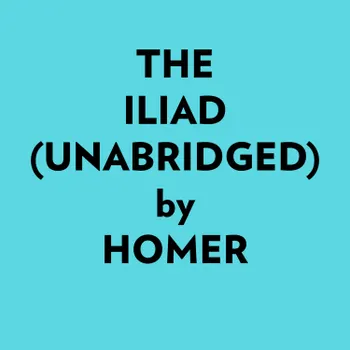Please note: This audiobook has been created using AI voice.
The Iliad is one of the oldest works of Western literature, dating back to classical antiquity. Homer’s epic poem belongs in a collection called the Epic Cycle, which includes the Odyssey. It was originally written in ancient Greek and utilized a dactylic hexameter rhyme scheme. Although this rhyme scheme sounds beautiful in its native language, in modern English it can sound awkward and, as Eric McMillan humorously describes it, resembles “pumpkins rolling on a barn floor.” William Cullen Bryant avoided this problem by converting his translation into blank verse.
This epic poem begins with the Achaean army sacking the city of Chryse and capturing two maidens as prizes of war. One of the maidens, Chryseis, is given to Agamemnon, the leader of the Achaeans, and the other maiden, Briseis, was given to the army’s best warrior, Achilles. Chryseis’ father, the city’s priest, prays to the god Apollo and asks for a plague on the Achaean army. To stop this plague, Agamemnon returns Chryseis to her father, but then orders Achilles to give him Briseis as compensation. Achilles refuses.












